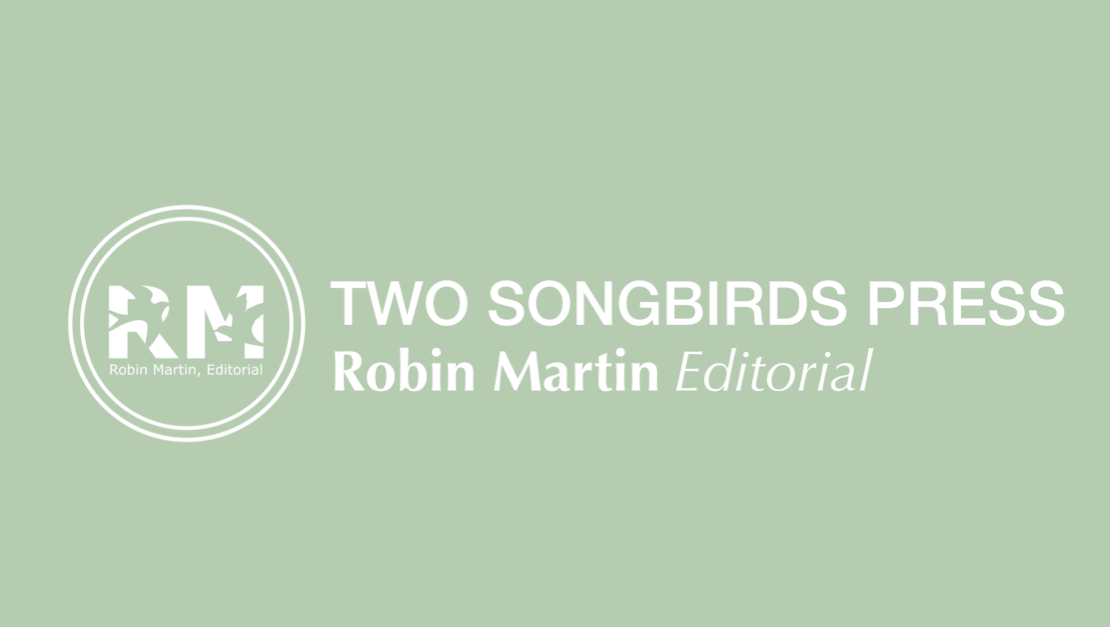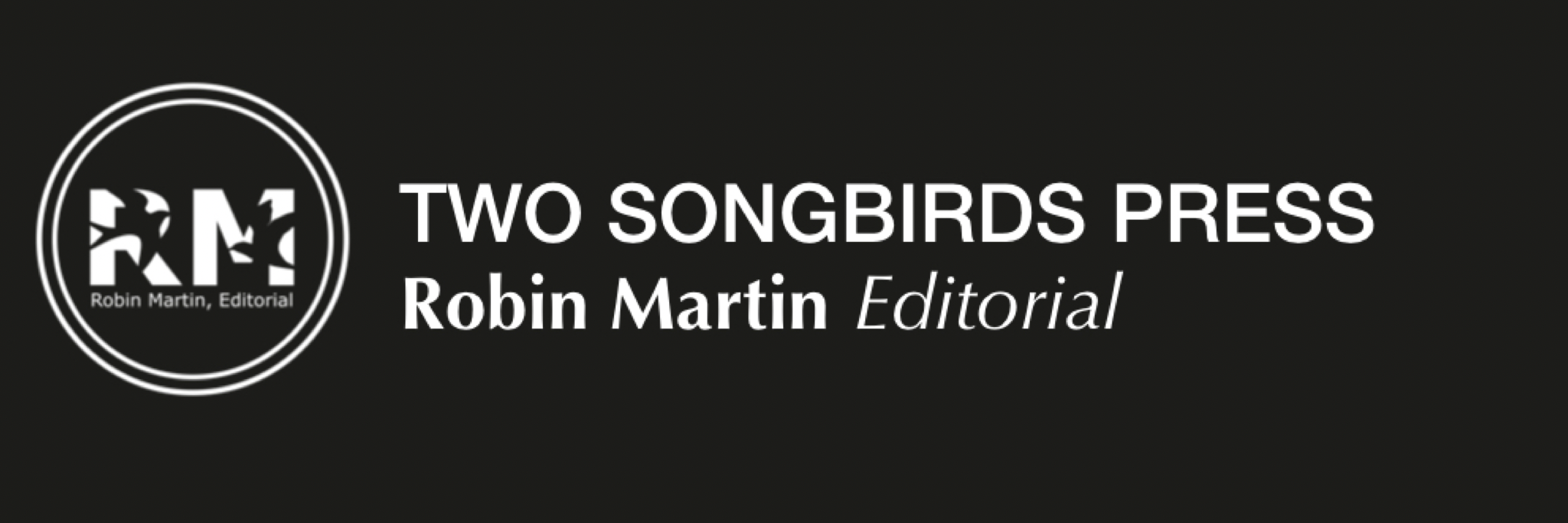- November 27, 2010
- Robin Martin
- No Comments

 When you have a story, an article, a book, or even a book idea, what do you do with it?
When you have a story, an article, a book, or even a book idea, what do you do with it?
Wow. This is a big question, and one not easily answered without understanding the specifics of your situation. What are your goals? What kind of experience do you have? What kind of platform?
If your manuscript/idea is ready to go out into the world, there are basically three ways to get it there:
- Find a publisher
- Find an agent
- Put it out there yourself (self-publish)
Let’s go from the bottom up: We’re not going to discuss self-publishing right now, other than just to say that iUniverse is not really self-publishing. It is publishing on demand. If you’re writing debut fiction, avoid publish on demand companies unless your goal is to have your friends and kids see your book in print. Woo Hoo. Self publishing is a real option, but it involves actually becoming a publisher. Let’s leave it there for now, because the topic of this post is targeted pitch lists and entire websites are devoted to explaining the ins and outs of true self-publishing.
If you have a fiction or a non-fiction book, and you want to go the traditional publishing route, you probably want to get to the big publishers: Random House, Hachette, MacMillan, Penguin, Simon & Schuster, Globe Pequot, Wiley, etc. You must have an agent to get your work in front of them*, for they “do not accept unsolicited manuscripts.”
There are many more literary agents out there than there are publishers. Many have questionable experience, many are wannabes and have never actually sold a book or attended a conference. A good literary agent sells books, has a regular presence at the big trade conferences, and a good reputation among acquisitions editors. These are the agents you want to pitch (pitching is also called querying, the words are, for all intents and purposes, synonymous).
How do you find these agents?
Now, these agents, having all of these great qualifications, probably receive upwards of a hundred queries each day. They also specialize in certain genres. How favorable will they be towards your query if you write women’s fiction and they only sell children’s fiction? It is a waste of your time and their time if you pitch to them.
How do you find the agents who specialize in what you write?
You must TARGET the audience for your queries. A targeted pitch list does this.
When I create a targeted pitch list for a client, I use all of the professional trade resources at my disposal, including Publishers Marketplace and Writers Market, yes, but also proprietary information that I have learned through my time in the business, from attending conferences, from my networks. A Targeted Pitch List is an accurate–to the moment–list of names of the people you want to contact, specific to your particular project, and instructions for contacting them.
If you have a goal other than mainstream book publishing, perhaps a finding a consumer magazine, a literary or arts magazine, small or independent (or digital!) press for your work, you still want to target your pitches. Target to whom you send your manuscript. You need a Targeted Pitch List specific to your genre, style, market.
Other Targeted Pitch Lists in the next post…




